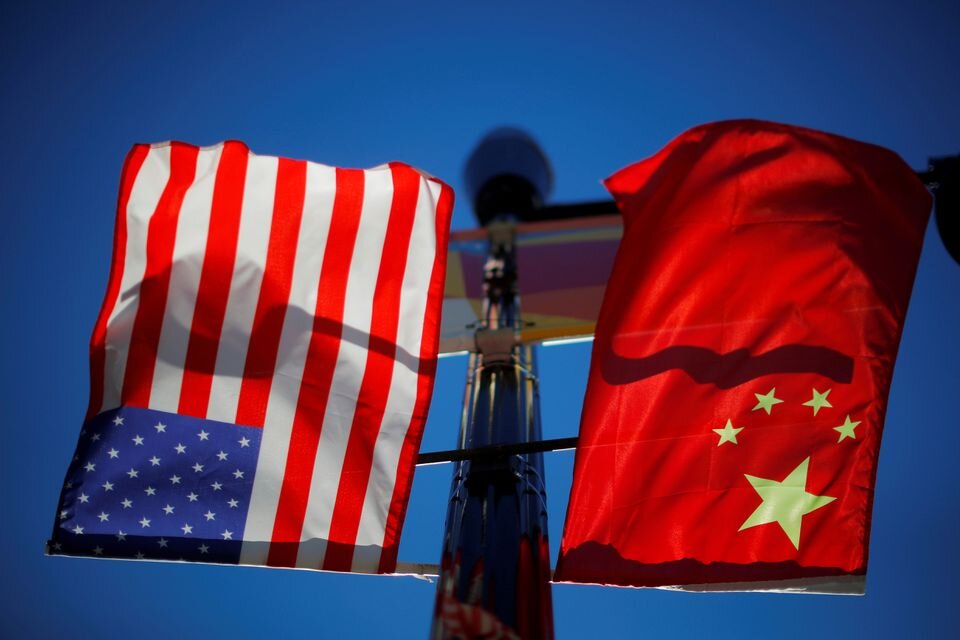U.S. imposes new sanctions on China

TEHRAN – The U.S. on Friday imposed new sanctions on dozens of people and entities tied to China, Myanmar, North Korea and Bangladesh, and added a Chinese artificial intelligence company.
The United States Department of Treasury on Friday also added Chinese artificial intelligence company SenseTime Group to an investment blacklist.
"Our actions today, particularly those in partnership with the United Kingdom and Canada, send a message that democracies around the world will act against those who abuse the power of the state to inflict suffering and repression," Deputy Treasury Secretary Wally Adeyemo said in a statement.
SenseTime, a leading developer of facial recognition technology, was placed on a list of “Chinese military-industrial complex companies” in which Americans are banned from investing. The firm is accused of having developed facial recognition programs that can determine a target’s ethnicity, with a particular focus on identifying ethnic Uyghurs.
Canada and the United Kingdom also joined the United States in imposing sanctions related to human rights abuses in Myanmar, where the military has persecuted Rohingya Muslims and other ethnic minorities.
Turmoil has gripped Myanmar since de facto leader Aung San Suu Kyi and her National League for Democracy (NLD) were ousted on February 1 through a military coup, with near-daily protests and a nationwide civil disobedience movement.
The junta in Myanmar seized power over alleged fraud in general elections won by Suu Kyi's party in November 2020. The allegations of fraud have been dismissed by the former electoral commission.
The U.S. also imposed the first new sanctions on North Korea under the Biden administration and targeted Myanmar military entities, among others, in action marking Human Rights Day.
The Treasury said North Korea’s Central Public Prosecutors Office had been designated, along with the former minister of social security and recently assigned Minister of People’s Armed Forces Ri Yong Gil.
China denies abuses in Xinjiang, but the US government and many rights groups say Beijing is carrying out genocide there.
The Chinese embassy in Washington denounced the United States move as "serious interference in China's internal affairs" and a "severe violation of basic norms governing international relations."
Chinese embassy spokesman Liu Pengyu said it would do "grave harm to China-U.S. relations" and called on the Biden administration to overturn the decision.
Relations between the U.S. and China have been strained over a range of issues from trade to security to COVID-19 pandemic.
Although Biden and his Chinese counterpart Xi Jinping held a virtual summit last month, it produced no significant breakthroughs.
Last month, China lashed out at the U.S. for its decision to add dozens of Chinese companies to a trade blacklist, saying the move violated a consensus reached between Biden and Xi.
U.S. President Joe Biden gathered over 100 world leaders at a virtual summit this week and made a plea to bolster democracies around the world, calling safeguarding rights and freedoms in the face of rising authoritarianism the "defining challenge" of the current era.
